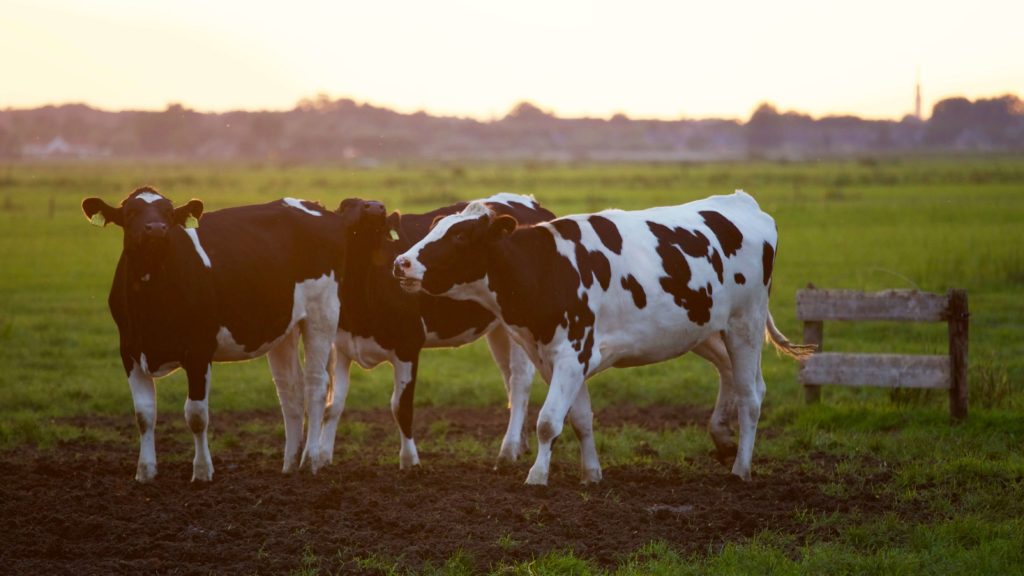A group of Victorian dairy farmers is trying to reclaim bargaining power in a fight for a better milk price by offering processors a collective pool of milk.
The farmers, based in northern Victoria, are extremely concerned about the future of the dairy industry and have decided to act and form a collective bargaining group, United We Stand.
The group has fielded dozens of calls with interest from as far as Tasmania.
In less than a month, the group has had 85 million litres of milk pledged from more than 40 farmers, who supply the major processors Fonterra and Saputo as well as Australian Consolidated Milk, Tatura and Parmalat.
Echuca dairy farmer Steve Hawken said he feared for the future of dairy farming as it was struggling to keep and attract farmers.
“You’ve only got to look at the average age of the dairy farmer. We’re talking mid-60s.
“If I owned a milk processing plant that’s a number I’d be paying a hell of a lot of attention to because where’s the next 50 years’ worth of milk coming from?”
Mr Hawken said the response the group had been incredible.
“The sky’s the limit. I think if these farmers are willing to pledge their milk towards this cause that sends a very clear signal to the industry ‘something’s broke here fellas’.”
Pay rates are an issue
Mr Hawken said lobby groups like United Dairyfarmers of Victoria and Dairy Australia were dealing with peripheral problems but nobody wanted to take on the big problem of money.
“At the moment we can’t attract people into the dairy industry because we can’t afford to pay them.”
He said the difference in hourly rate dairy farmers could offer a farm worker compared with the minimum wage for working in a factory was astounding.
“We need to rectify the problem and teach the dairy farmer we belong on the top of the food chain because without us there simply is nothing else,” he said.
Earlier this year, the ACCC dairy inquiry found there was a large imbalance in bargaining power between farmers and processors.
It stated that farmers’ ability to secure an appropriate share of profits depended on their bargaining power and that most had little power and limited scope to reposition their businesses.
Collective bargaining has its risks
While collective bargaining can help negotiate a better price, it is not without its dangers.
Dairy Australia in its guide to collective bargaining raises issues farmers should consider including the level of commitment people have, their appetite for risk, and having unrealistic expectations.
Mr Hawken said the group was not making promises and if it failed would not be because of a lack of trying.
“We’ve endeavoured to cover all our bases,” Mr Hawken said.
“If we can’t get a better offer for our farmers from any of the processors people still have the ability to make up their own minds and go where they need to go to survive.”
New dairy era
Rabobank dairy analyst Michael Harvey said with Murray Goulburn gone, the industry was dealing in a new era.
Mr Harvey said intense competition for supply had created an opportunity for farmers to leverage.
He said most processors are looking to retain milk supply they have recruited over the years and hold what they’ve got.
“Then you’ve got Saputo buying Murray Goulburn assets and needing a lot of milk supply back through those plants.”
Mr Harvey said there was a place for collective bargaining groups within the industry.
“One of the things they can potentially do is give farmers some security that they know, through a collective voice, that they’re going to get their fair share of the market value
“That’s one of the uncertainties that’s been lingering in the industry given the sale of Murray Goulburn as a co-operative,” he said.
Article sourced from https://www.abc.net.au



